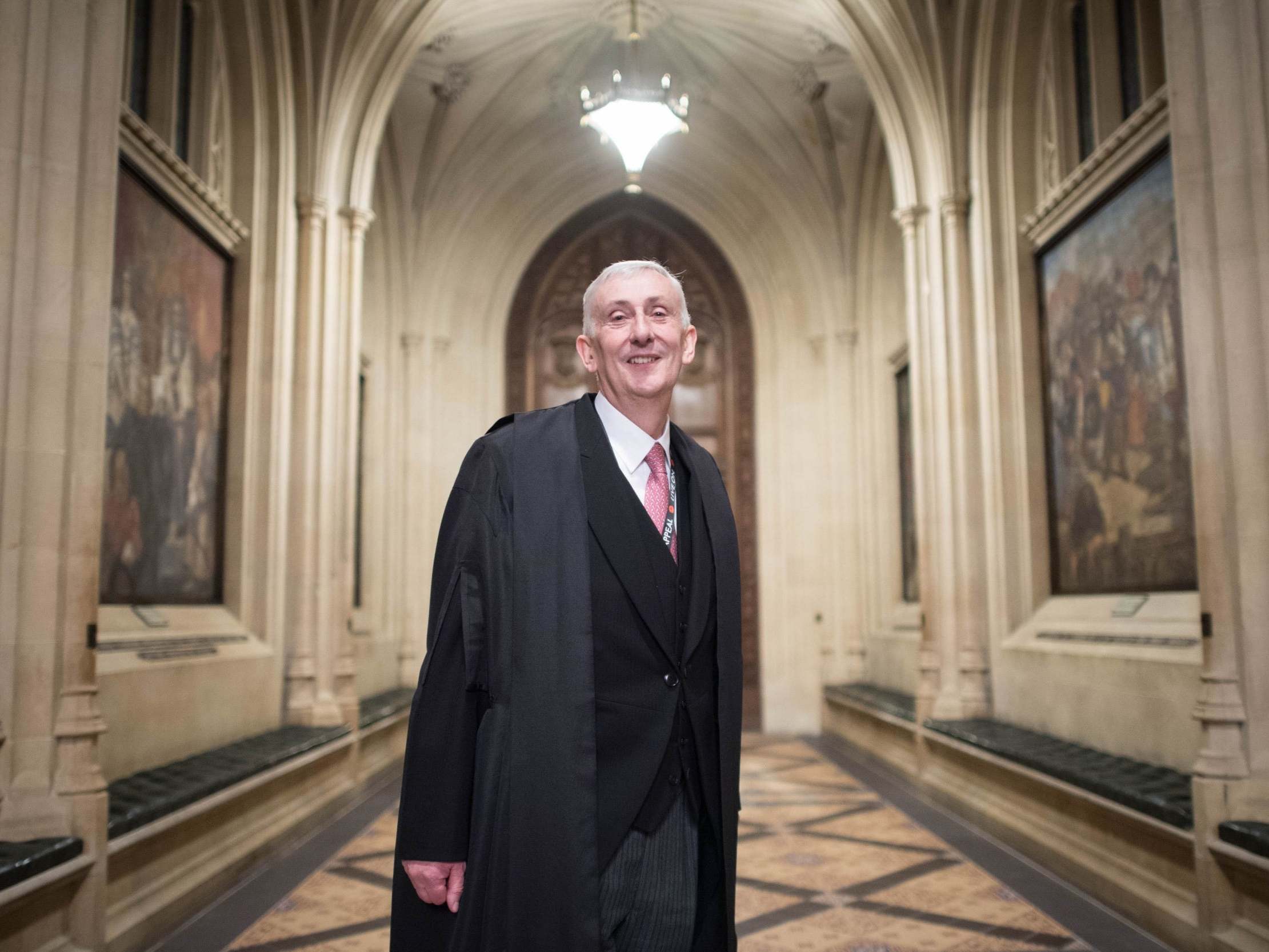House of Commons introduces new procedures to limit future speakers’ actions
Senior official will be able to register protest at rulings, under changes introduced by speaker Lindsay Hoyle

Your support helps us to tell the story
From reproductive rights to climate change to Big Tech, The Independent is on the ground when the story is developing. Whether it's investigating the financials of Elon Musk's pro-Trump PAC or producing our latest documentary, 'The A Word', which shines a light on the American women fighting for reproductive rights, we know how important it is to parse out the facts from the messaging.
At such a critical moment in US history, we need reporters on the ground. Your donation allows us to keep sending journalists to speak to both sides of the story.
The Independent is trusted by Americans across the entire political spectrum. And unlike many other quality news outlets, we choose not to lock Americans out of our reporting and analysis with paywalls. We believe quality journalism should be available to everyone, paid for by those who can afford it.
Your support makes all the difference.New procedures have been introduced in the House of Commons to rein in future speakers’ ability to reinterpret parliamentary rules, in the wake of furious controversy over claims that John Bercow tore up convention to aid the fight against Brexit.
Mr Bercow’s successor in the chair, Lindsay Hoyle, announced the new arrangements, which will give Commons officials the power to raise a protest against rulings which they believe breach the House’s rulebook.
The announcement was greeted by loud cries of “Hear! Hear!” signalling the approval of Conservative MPs, for whom Bercow became a bete noire during his 10 years in the chair.
The former speaker sparked fury among ministers and Leave-backing MPs with a succession of rulings which offered MPs opportunities to challenge the government’s Brexit plans.
Anger over his actions is thought to be behind Boris Johnson’s refusal to nominate Bercow for the peerage which normally goes automatically to former speakers when they leave the chair.
Under Sir Lindsay’s plan, the most senior Commons official, the clerk of the House, will have the power to lay a letter in the Commons Library setting out that a ruling by the speaker has been made against his objections.
A similar procedure within government allows senior civil servants to signal their disagreement with a decision by making it known that they have sought a “ministerial direction” instructing them to go ahead with it.
Speaking from the chair after prime minister’s questions, Sir Lindsay told MPs: “As speaker of the House, I am committed to transparency, but I am also mindful that frank advice must be protected confidentially.
“To balance these principles, I have written to the clear of the House to establish a new procedure modelling on the power of accounting officers to seek ministerial direction.
“The procedure will apply if I take a decision as speaker which the clerk of the House considers comprises a substantial breach of standing orders or a departure form longstanding convention without appropriate authorisation from the House itself.
“In such a case, the clerk of the House will be empowered to lay a statement of his views in the library and I will always make the House aware that this has been done.”
Join our commenting forum
Join thought-provoking conversations, follow other Independent readers and see their replies
Comments